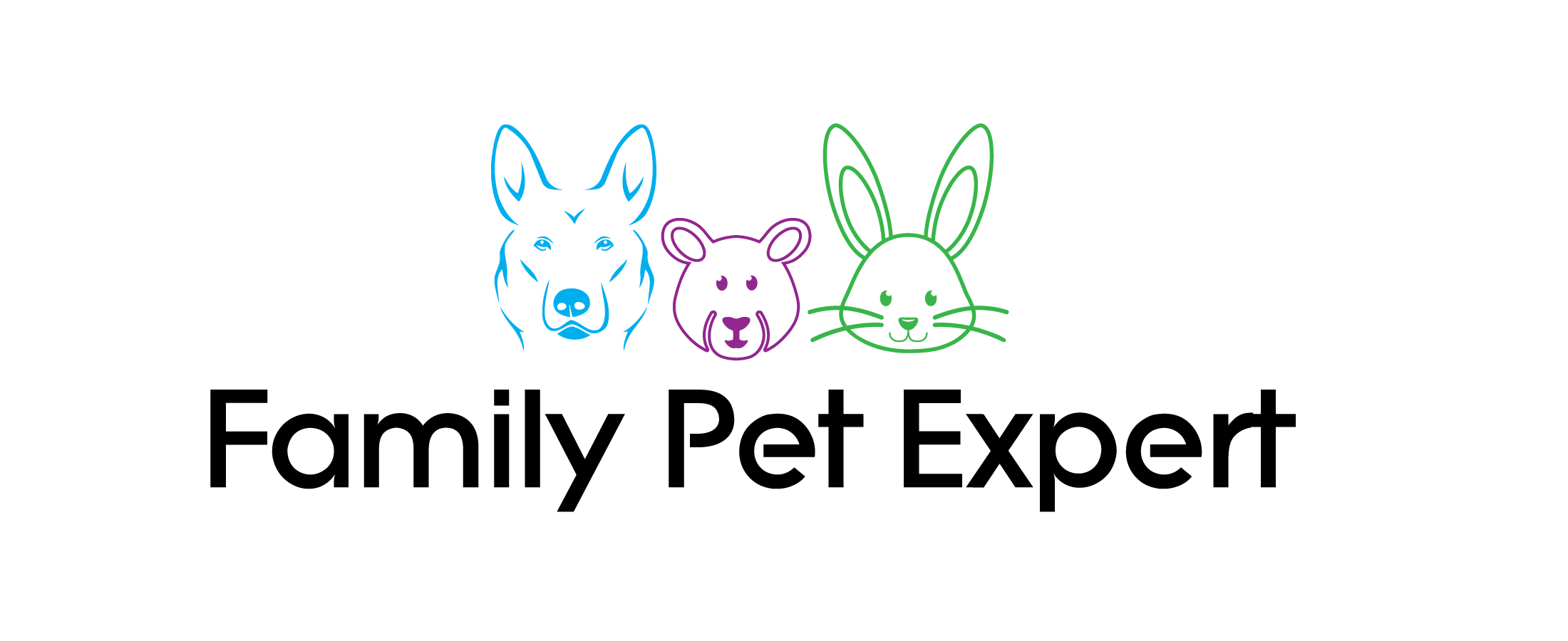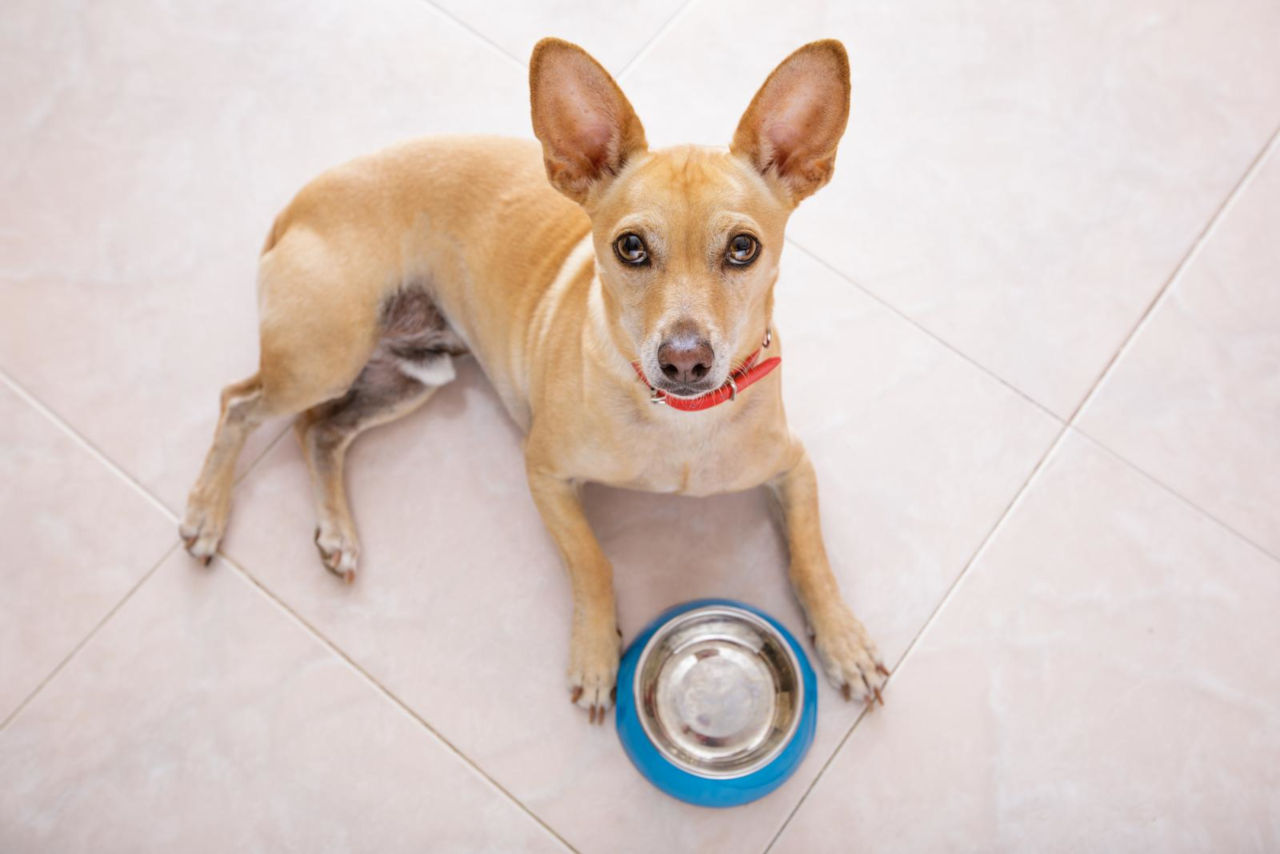Beans are known to be healthy, but they are also known to cause flatulence. Does this make beans unsuitable for dogs, or are dogs allowed to eat them?
Dogs can eat some types of beans, such as green beans or lima beans, in small amounts. However, dogs should never be given beans raw but always cooked without spices or oil. Then, dogs benefit from beans’ fiber, protein, and minerals.
Many dog owners want to give their dogs a change from the monotonous dry food that is always the same. Several fruits and vegetables are good for dogs, but others are not.
Beans have some health benefits and are full of nutrients. So it’s good to know that dogs can eat them, too.
But not all beans are the same. Some are easier to digest than others, which you shouldn’t give your dog at all.
This article will present the pros and cons of beans for dogs and explain which types are safe.
Can Dogs Eat Beans?
Beans are rich in fiber, protein, and iron. They can be a healthy addition to your dog’s diet. Many types of beans are perfectly safe for dogs.
However, despite their nutritional benefits, they should never replace high-quality, complete, and balanced dog food.
It is best to consider them as an additional treat. And such treats should not exceed 10% of your dog’s daily caloric intake.
You can also mix other vegetables like sweet potatoes, pumpkin, or zucchini into your dog’s food.
Adding a natural food to your dog’s food may seem harmless. However, discussing any change in your dog’s diet with your veterinarian is always advisable.
This is especially important if your dog suffers from a condition like diabetes or has a food allergy. These problems can be exacerbated by improper nutrition.
When giving your dog a new food, remember to introduce it slowly and gradually, starting with tiny amounts.
This minimizes the risk of stomach upset and reduces the effects of a possible allergy.
Some dogs, like humans, can be sensitive or even allergic to certain foods.
Common symptoms of such an allergy include vomiting, diarrhea, itchy skin, red rash, and a sore tummy. Contact your veterinarian if your dog exhibits these symptoms after eating beans.
What Types of Beans Can Dogs Eat?
Fresh green beans and cooked dried beans are the best choices for dogs. You should always soak and cook dry beans before feeding them to your dog. This is because they are virtually indigestible when raw.
Beans can also cause flatulence in dogs, and soaking helps to reduce this problem.
You should altogether avoid canned beans, which usually contain sugar and salt. This also applies to beans flavored with ingredients that are toxic to dogs, like garlic or onions.
On the other hand, simple canned beans without salt, preservatives, or flavorings are usually safe.
Many dogs like the taste of green beans, so you can serve them well as a nutritious, low-calorie treat.
They are high in iron, protein, essential vitamins, and minerals and can be fed raw, cooked, or steamed if they are not flavored or seasoned. This also applies to canned green beans without additives.
You can also give your dog precooked, frozen green beans. However, remember to thaw them well and warm them up.
Whether they are princess beans or snap beans, you can safely feed green beans to your dog.
However, always chop up larger pieces before giving them to your dog. Otherwise, they can pose a choking hazard.
Other types of beans or legumes are also suitable for dogs:
- Kidney beans
- Black beans
- Lima beans
- Pinto beans
- Butter beans
- Chickpeas
- Edamame
- Lentils
Which Beans Are Bad for Dogs?
Although many beans are healthy and safe for dogs, others should be avoided.
As a general rule, stay away from prepared bean dishes like canned baked beans. The tomato sauce included may contain ingredients that are toxic to dogs, like garlic and onions.
Other bean dishes are problematic for similar reasons, as they often contain preservatives and spices.
This can cause an upset stomach in your dog. They also usually contain onions, onion powder, and garlic.
Red kidney and soybeans should also be used with caution. Although they are safe for dogs and humans, they must be prepared carefully.
Raw kidney and soybeans contain phytohemagglutinin or lectin, a protein that can be toxic if consumed in large quantities.
Lectin toxicity can cause a distended abdomen, vomiting, and diarrhea. It can also cause bleeding and red blood cells to clump together.
When properly prepared, lectin content is reduced to a safe level for humans and dogs.
Canned kidney and soybeans are already precooked and can be served safely. However, ensure they do not contain salt, sugar, or other additives that could make your dog sick.
Broad beans are another type of bean that contains more significant amounts of toxic lectins. Because of their tough skins, they are difficult to cook and are better avoided.
How Many Beans Can Dogs Eat?
The right portion size for the dog is essential, as eating large amounts of any type of bean can be problematic.
When overeating, beans can cause stomach upset, vomiting, diarrhea, and bloating.
In addition, they should never replace high-quality, complete, and balanced dog food. Otherwise, they could inadvertently cause nutrient deficiencies. Think of them as a treat, not a main meal.
Home-prepared dog food made from natural ingredients like beans may seem like a good idea, but it is challenging to prepare them correctly.
Studies have shown that many recipes for home-cooked dog food do not have accurate quantities and are often deficient in one or more essential nutrients.
So, if you decide to cook meals for your dog yourself, consult your veterinarian first to assess your dog’s nutritional needs properly.
Dilated Cardiomyopathy
There is a heart disease in dogs called dilated cardiomyopathy (DCM).
Research has linked this disease to dog foods containing ingredients such as peas, lentils, and broad beans in recent years.
While the link has not been proven, many dogs studied fared better after changing their diets.
Although the results are inconclusive, not all dogs can inevitably tolerate certain ingredients, including lentils. So, if your dog is sensitive to lentils, stick to lentil-free dog food.
There is always a lot to consider when it comes to dog food. So be sure to consult your veterinarian, who knows your dog best and can give you comprehensive advice.
Always consult your vet before changing your dog’s diet, especially if your dog has a medical condition such as kidney disease, diabetes, or food allergies.
Summary: Are Dogs Allowed to Eat Beans?
Dogs can eat many types of beans in small amounts as a treat. However, beans should not replace high-quality, balanced dog food.
In more significant portions, beans can cause vomiting, diarrhea, a bloated belly, and flatulence. Preparation is critical, and beans should always be cooked appropriately before giving them to your dog.
Before adding beans to your dog’s diet, check with your veterinarian, as diabetic dogs or dogs with certain medical conditions are better off not getting beans.


